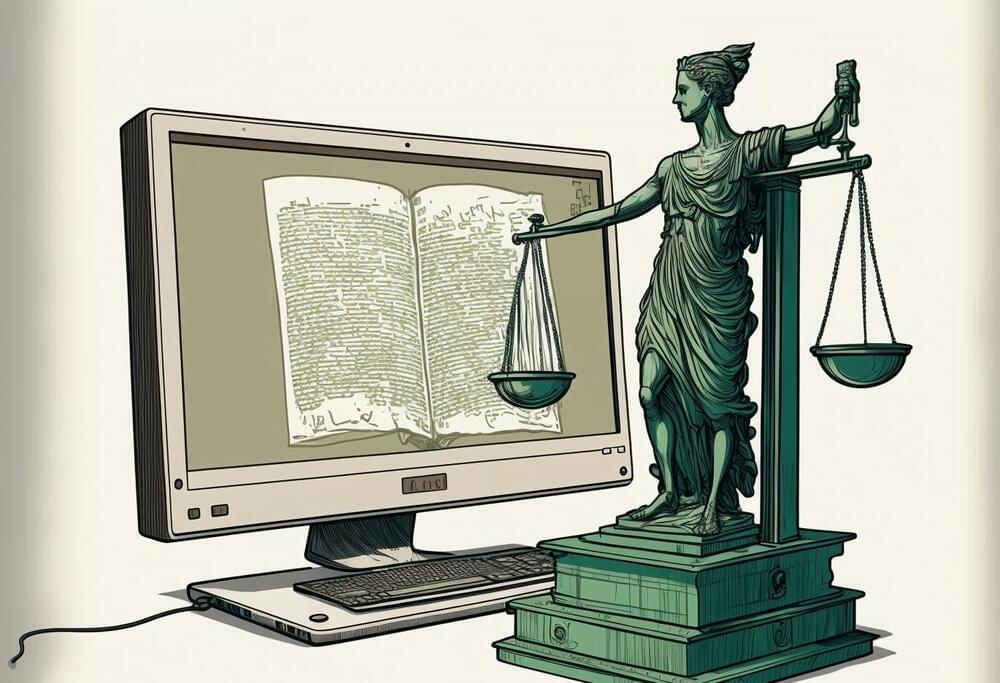When you donate someone else’s money.
Some charities have voluntarily agreed to return the funds, some have already spent the money, while others are awaiting legal clarity.

In this #webinar, Dr Vincenzo Sorrentino from the Department of Biochemistry and Healthy Longevity Translational Research Programme at the Yong Loo Lin School of Medicine, shared about his research on the relationship between metabolism, nutrition and proteostasis and their impact on health and ageing, and engaged in discussion about the role of mitochondrial proteostasis in ageing and related diseases.
Register for upcoming #HealthyLongevity #webinar sessions at https://nus-sg.zoom.us/webinar/register/7916395807744/WN__sypkX6ZSomc7cGAkK3LbA
#NUSMedicine #webinarseries.
References:
Closing video source: https://www.youtube.com/watch?v=sycgL3Qg_Ak.
Disclaimer: The opinions and advice expressed in this webinar are those of the speakers and do not represent the views and opinions of the organizers and National University of Singapore or any of its subsidiaries or affiliates. The information provided in this webinar is for general information purposes only as part of a general discussion on public health. The information is not intended to be a substitute for professional medical advice, diagnoses or treatment; and cannot be relied on in place of consultation with your licensed healthcare provider. All Rights Reserved.
All of the proceedings of this webinar, including the presentation of scientific papers, are intended for limited publication only, and all property rights in the material presented, including common-law copyright, are expressly reserved to the speaker or NUS. No statement or presentation made is to be regarded as dedicated to the public domain.


Greg Yang is a mathematician and AI researcher at Microsoft Research who for the past several years has done incredibly original theoretical work in the understanding of large artificial neural networks. Greg received his bachelors in mathematics from Harvard University in 2018 and while there won the Hoopes prize for best undergraduate thesis. He also received an Honorable Mention for the Morgan Prize for Outstanding Research in Mathematics by an Undergraduate Student in 2018 and was an invited speaker at the International Congress of Chinese Mathematicians in 2019.
In this episode, we get a sample of Greg’s work, which goes under the name “Tensor Programs” and currently spans five highly technical papers. The route chosen to compress Tensor Programs into the scope of a conversational video is to place its main concepts under the umbrella of one larger, central, and time-tested idea: that of taking a large N limit. This occurs most famously in the Law of Large Numbers and the Central Limit Theorem, which then play a fundamental role in the branch of mathematics known as Random Matrix Theory (RMT). We review this foundational material and then show how Tensor Programs (TP) generalizes this classical work, offering new proofs of RMT. We conclude with the applications of Tensor Programs to a (rare!) rigorous theory of neural networks.
Patreon: https://www.patreon.com/timothynguyen.
Part I. Introduction.
00:00:00 : Biography.
00:02:36 : Harvard hiatus 1: Becoming a DJ
00:07:40 : I really want to make AGI happen (back in 2012)
00:09:00 : Harvard math applicants and culture.
00:17:33 : Harvard hiatus 2: Math autodidact.
00:21:51 : Friendship with Shing-Tung Yau.
00:24:06 : Landing a job at Microsoft Research: Two Fields Medalists are all you need.
00:26:13 : Technical intro: The Big Picture.
00:28:12 : Whiteboard outline.
Part II. Classical Probability Theory.
00:37:03 : Law of Large Numbers.
00:45:23 : Tensor Programs Preview.
00:47:25 : Central Limit Theorem.
00:56:55 : Proof of CLT: Moment method.
01:02:00 : Moment method explicit computations.
Part III. Random Matrix Theory.

face_with_colon_three Year 2022
As New York prepares for the imminent launch of legal adult-use marijuana sales, the governor has signed a bill aimed at expanding the state’s hemp market by promoting collaborative partnerships to identify more opportunities to utilize the crop and its derivatives for packaging, construction and other purposes.
Bill sponsor Sen. Michelle Hinchey (D) announced on Tuesday that Gov. Kathy Hochul (D) approved her legislation late last month. It would amend a section of New York’s agriculture law that deals with hemp economic development, mandating that the agriculture commissioner consult with additional partners on ways to incorporate hemp products into business operations throughout the state.
Specifically, it calls for the commissioner to “consult and cooperate with” the New York State Hemp Workgroup and industry stakeholders “that currently use, or may potentially use, industrial hemp in their products, to develop and promote the use of hemp by businesses for purposes such as packaging, construction, and other uses,” according to a summary.

Researchers tested GPT-3.5 with questions from the US Bar Exam. They predict that GPT-4 and comparable models might be able to pass the exam very soon.
In the U.S., almost all jurisdictions require a professional license exam known as the Bar Exam. By passing this exam, lawyers are admitted to the bar of a U.S. state.
In most cases, applicants must complete at least seven years of post-secondary education, including three years at an accredited law school.

Mental health has become a widespread topic nowadays.
In the past, discussions concerning mental health were often hushed up or altogether swept under the rug. A gradual cultural change has led to openly considering mental health issues and eased qualms about doing so in publicly acknowledged ways.
You might give some of the credit for this change in overarching societal attitudes as an outcome of the advent of easily accessed smartphone apps that aid your personal mindfulness and presumably spur you toward mental well-being. There are apps for mindfulness, ones for meditation, ones for diagnosing your mental health status, ones for doing mental health screening, and so on.
People on social media are touting the use of generative AI such as ChatGPT as handy for interactively providing mental health advice. This is a worrisome trend. AI Ethics and AI Law are stressed out and cautioning that this is not a sound idea.

Bigger, better, and badder. That’s the overall gist of what is going to happen with Artificial Intelligence (AI) throughout the upcoming year of 2023.
What is going to happen with generative AI and ChatGPT in 2023? Here’s your answer. Filled with lots of helpful background and insights. Start the new year armed with the latest on where AI is heading.
